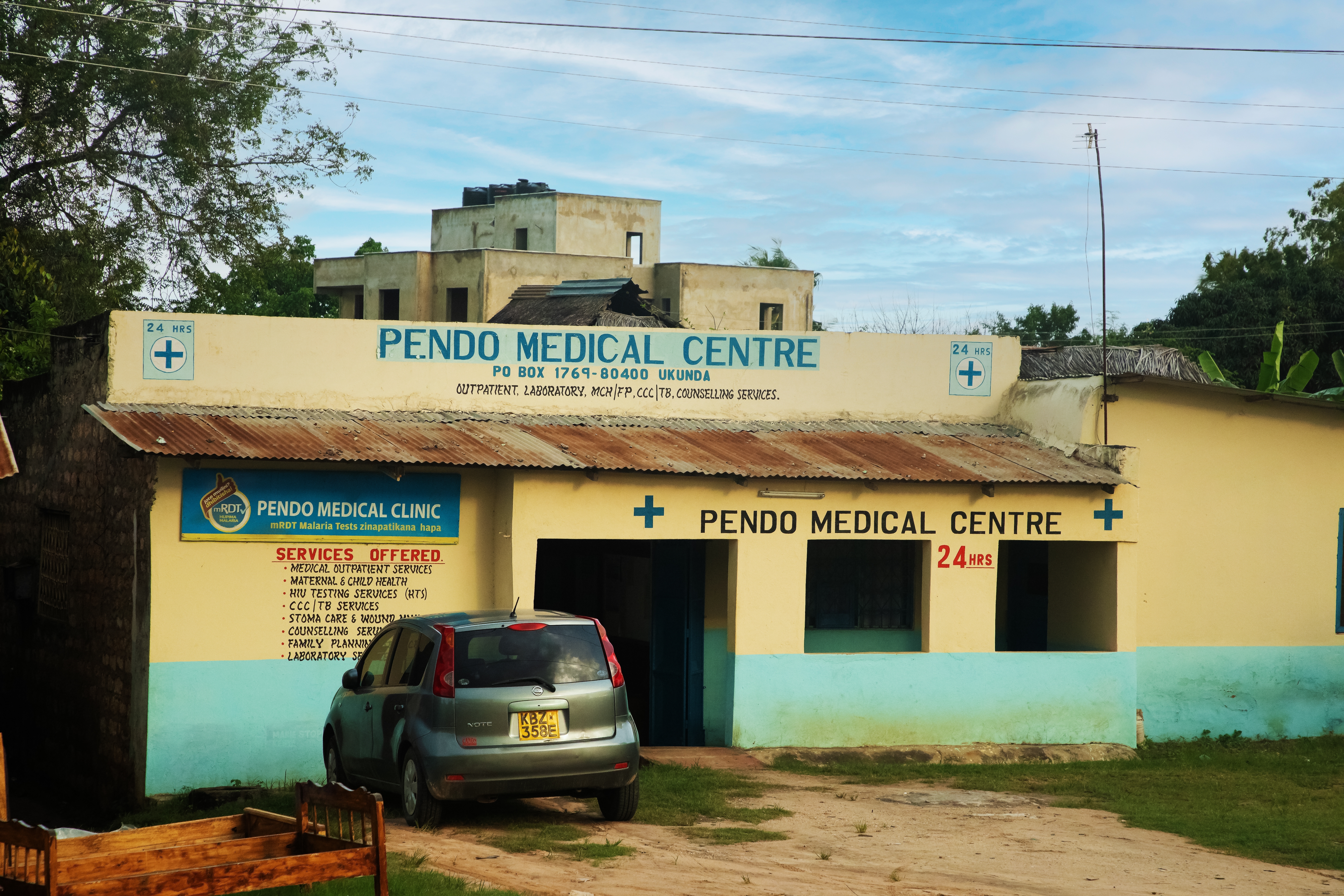How did COVID-19 Affect Women’s Trust in Perinatal Care Services in Kenya?

Researchers partnered with IPA Kenya to measure how COVID-19 affected women’s trust in and behavior toward the healthcare system regarding antenatal, childbirth, and postpartum care. Results suggest that COVID-19 decreased trust in the healthcare system for more than half of the women surveyed. Declined trust was associated with barriers to accessing antenatal care and with care avoidance for their infants and themselves—mainly due to cost or challenges accessing healthcare facilities.
Previous studies in Kenya found that healthcare facilities experienced a decrease in outpatient and inpatient visits—including in perinatal services1—during COVID-19. In 2020, there were two pandemic “surges” in Kenya, one during July and August, and another that began in October and remained until the end of the year.2 To contain the spread, Kenya introduced numerous restrictions on movement including curfews, and national transport limitations. However, starting from mid-2020, there were frequent health worker strikes due to frustrations about workload, burnout, and inadequate protection against the virus.3
Researchers partnered with IPA Kenya to conduct a phone survey with 1,122 women who gave birth between March and November 2020 in Nairobi and Kiambu counties in Kenya. They aimed to examine perinatal care experiences—such as the avoidance of care and barriers to seeking care—among these women. The study also explored factors influencing these experiences, including shifts in trust in the health system during COVID-19. In addition, researchers measured indicators including sociodemographic and health status, healthcare use and avoidance, COVID-19 behaviors and attitudes, and trust in the healthcare system.
Slightly over half of women—52.7 percent—reported that their trust in the healthcare system had declined due to COVID-19, particularly women with less than a secondary education. Overall, 8.4 percent of women reported avoiding postpartum infant care, particularly immunizations and routine care/checkup visits, while 17 percent reported avoiding care for themselves, most commonly postpartum emergency care. Declined trust in the healthcare system was associated with barriers to accessing antenatal care, feeling unsafe, and avoiding care for themselves and their infant. Avoiding care was associated with challenges accessing healthcare facilities—such as facilities being too busy, closed facilities or health workers being unavailable—financial barriers, fear of contracting COVID-19, and COVID-related restrictions.
Sources
1 Bayani, Diana Beatriz, Carleigh Krubiner, Edwine Barasa, Claire Biribawa, Alex Broadbent, Lyle Casas, Kalipso Chalkidou, Y-Ling Chi, Herkulaas Combrink, Okethwangu Denis, et al. 2021. “The Indirect Health Effects of COVID-19: Emerging Findings from Kenya, the Philippines, South Africa, and Uganda.” Center for Global Development.;
Amouzou, Agbessi, Abdoulaye Maïga, Cheikh Mbacké Faye, Samuel Chakwera, Dessalegn Y Melesse, Martin Kavao Mutua, Sokhna Thiam, Idrissa Boukare Abdoulaye, Seth Kwaku Afagbedzi, Akory Ag Iknane, et al. 2022. “Health service utilisation during the COVID-19 pandemic in sub-Saharan Africa in 2020: a multicountry empirical assessment with a focus on maternal, newborn and child health services.” BMJ Global Health.
2 Center for Systems Science and Engineering. 2020. “COVID-19 dashboard.”
3 Yusuf, Mohammed, 2020. “Kenyan doctors strike over pay, working conditions,” VOA, December 21;Latif Dahir, Abdi. 2020. “Kenya’s Health Workers, Unprotected and Falling Ill, Walk Off Job.” New York Times, August 21.
Funding Partner













